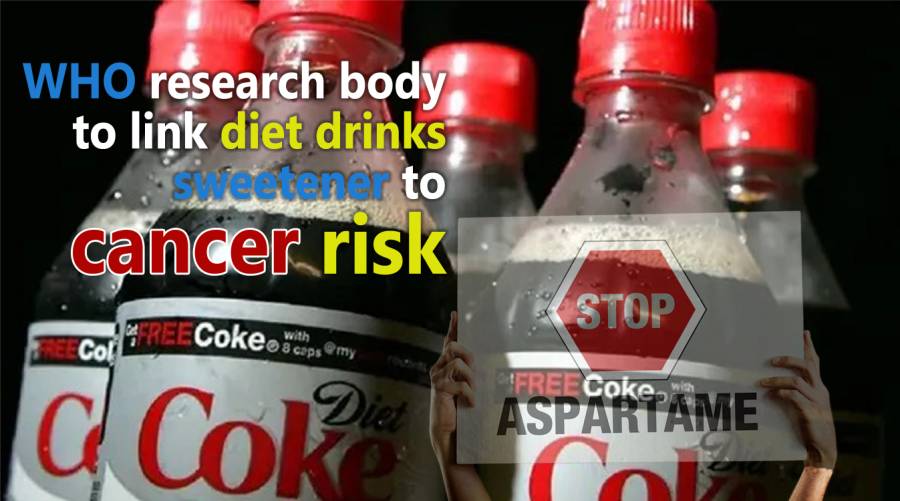
In an alarming development, World Health Organization’s (WHO) cancer research wing, the International Agency for Research on Cancer (IARC), is going to label aspartame, a popular artificial sweetener “possibly carcinogenic to humans” for the first time.
This was decided following a meeting of external experts earlier this month, on the basis of an evaluation of available published evidence. It is pertinent to mention that this ruling excludes the ‘safe consumption levels of aspartame’ which have separately been mentioned by the WHO’s Joint Expert Committee on Food Additives (JECFA) and national regulators.
The decision made by the IARC has the potential to raise consumer concerns, trigger legal disputes, and prompt manufacturers to reformulate their products or explore alternative options. Detractors claim that the assessments conducted by the IARC can be perplexing for the general public due to their implications.
In addition, the JECFA, which oversees food additives, is currently undertaking a review of the usage of aspartame this year. The outcomes of this review, set to be disclosed on July 14, will align with the public announcement of the IARC's decision.
Since 1981, the JECFA has consistently affirmed the safety of aspartame for consumption, as long as it falls within the accepted daily limits. This standpoint has been widely supported by national regulatory bodies, including those in the United States and Europe. In order for aspartame to present a potential risk, an adult weighing 60 kg (132 pounds) would need to consume an extraordinarily large quantity, roughly equivalent to consuming between 12 and 36 cans of diet soda every day.
The spokesperson from the IARC emphasised that the findings from both the IARC and JECFA committees are currently confidential until July, but they acknowledged that these findings complement each other. The conclusion reached by the IARC signifies an initial progression towards comprehending the potential carcinogenicity of aspartame. Meanwhile, the JECFA committee is engaged in conducting risk assessments to ascertain the likelihood of specific types of harm, such as cancer, occurring under specific conditions and levels of exposure.
There have been concerns expressed by industry and regulators regarding the timing of both processes. Regulators from the United States and Japan, as revealed in letters obtained by Reuters, have called for coordination between the IARC and JECFA in their assessment of aspartame to prevent confusion among the general public. As a result, the simultaneous release of conclusions from both committees is now scheduled for July 14.
As the cancer research agency of the WHO prepares for its momentous announcement, the world eagerly awaits the outcome of this evaluation and the potential impact it might have on the global food industry, regulators, and consumers.


